-
Research brief: Cold core eddies take heat across sub-Antarctic front.
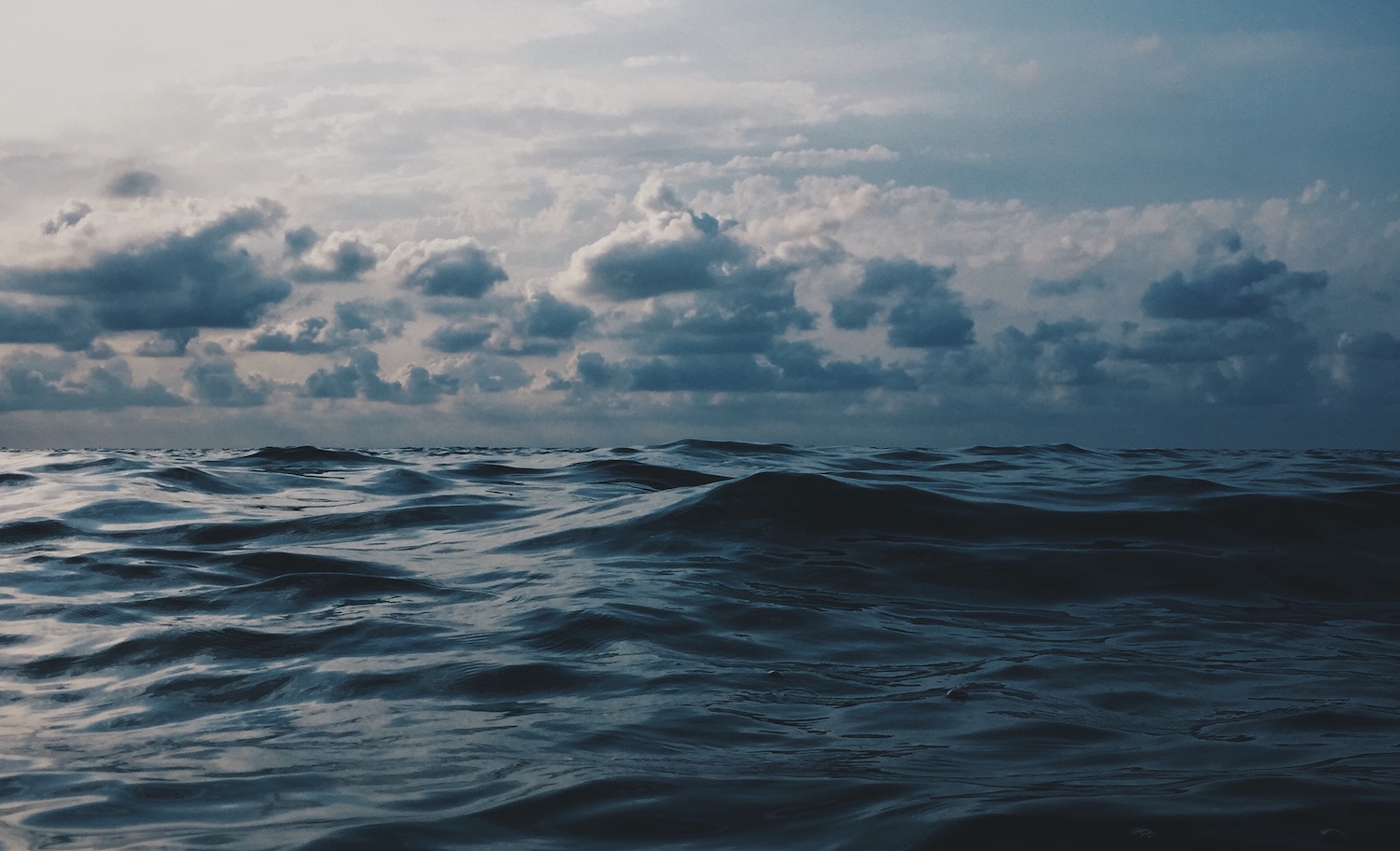
CLEX researchers propose that 21% of the heat carried across the Subantarctic Front south of Tasmania is achieved by long-lived, cold-core eddies entering the Subantarctic Zone.
-
Research brief: How the ocean moves heat

The ocean plays a critical role in the climate system by transferring heat from the tropics toward the poles, helping to regulate regional climates. How this heat transport may change in the future remains a first order question in climate science.
-
Research brief: What caused the rapid decline in Antarctic sea ice in 2016?
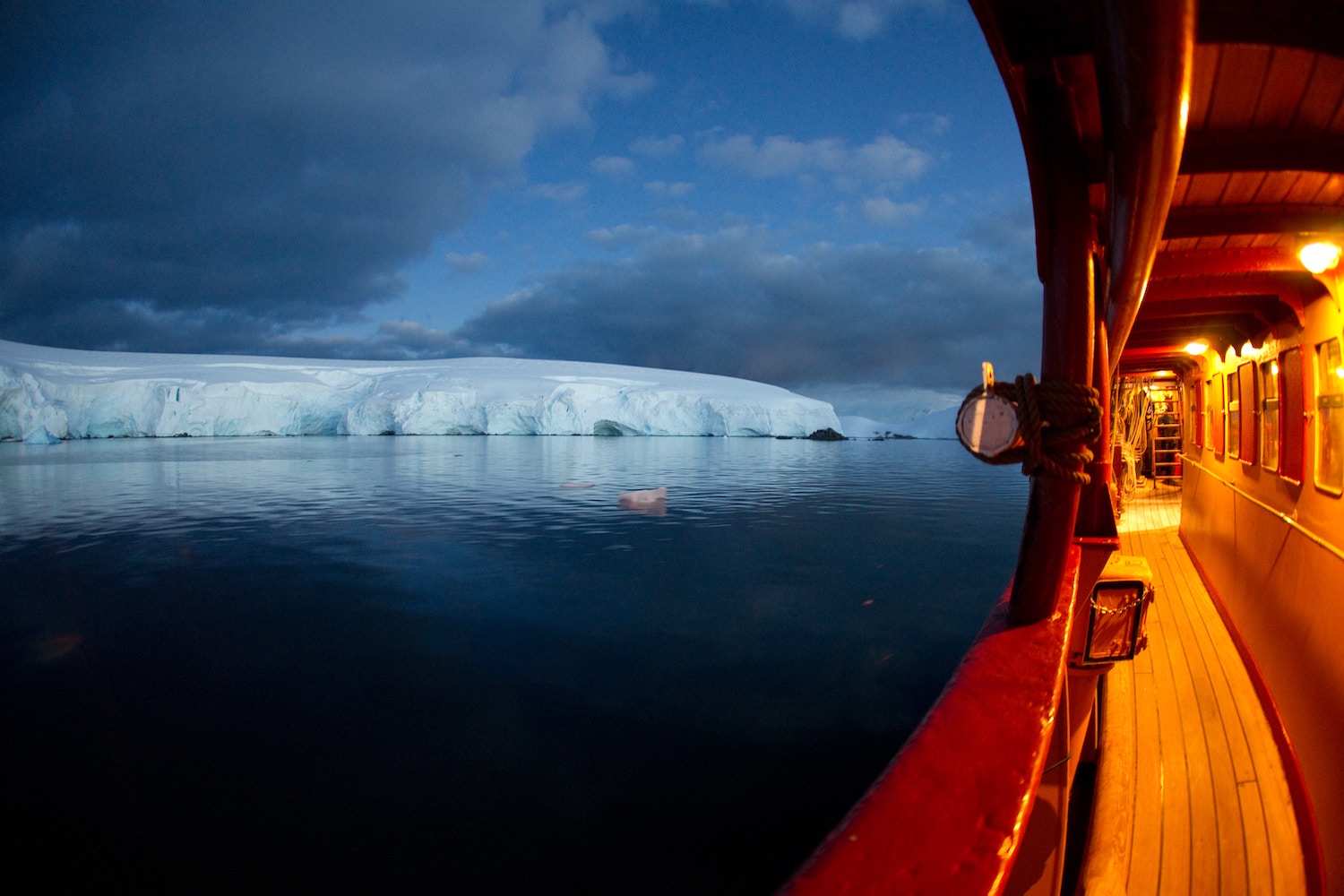
Antarctic sea ice extent underwent a rapid decline in the spring of 2016 and is still well below average now. CLEX researchers have tied the decline to natural variability of both the atmosphere and ocean in two articles published in Nature Communications this month.
-
Research brief: Ice particle numbers plummet in Southern Ocean’s clouds
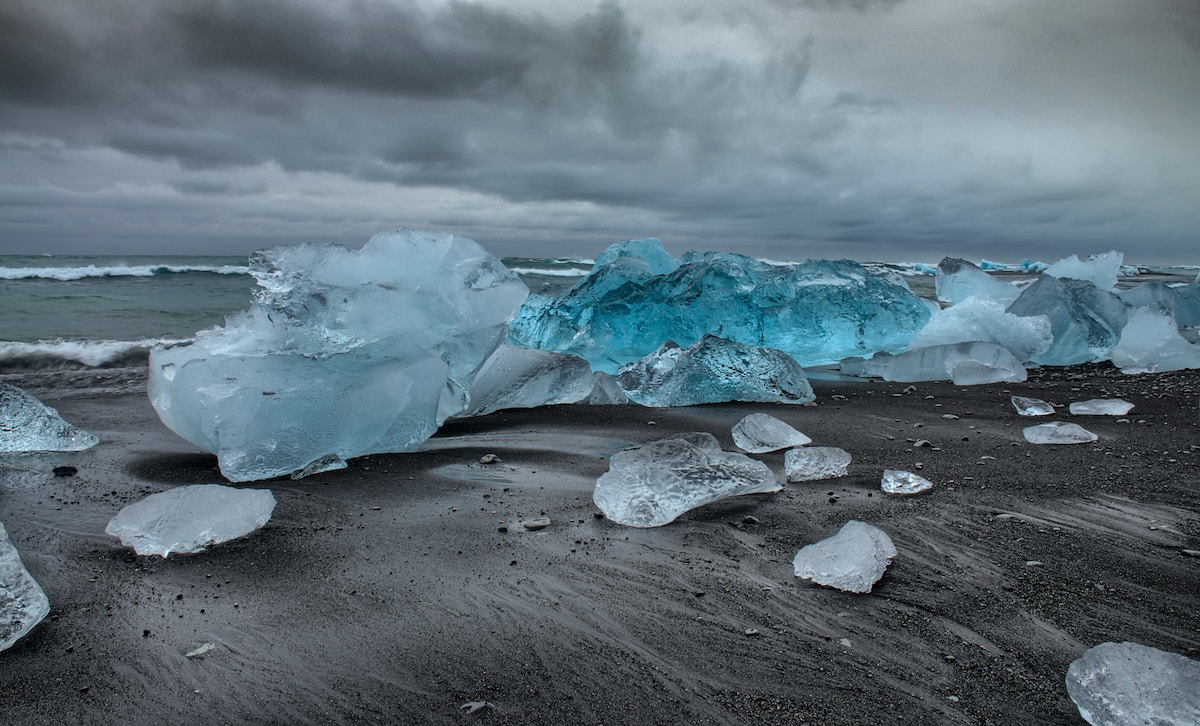
In 2016, Centre of Excellence for Climate Extremes researchers and colleagues measured Southern Ocean INPs for the first time in over four decades. The numbers of these particles were extremely low compared to other oceans and 100 times lower than the previous Southern Ocean measurement program conducted in the 1970s.
-
Research brief: Global warming to transform Australia’s temperate marine ecosystems
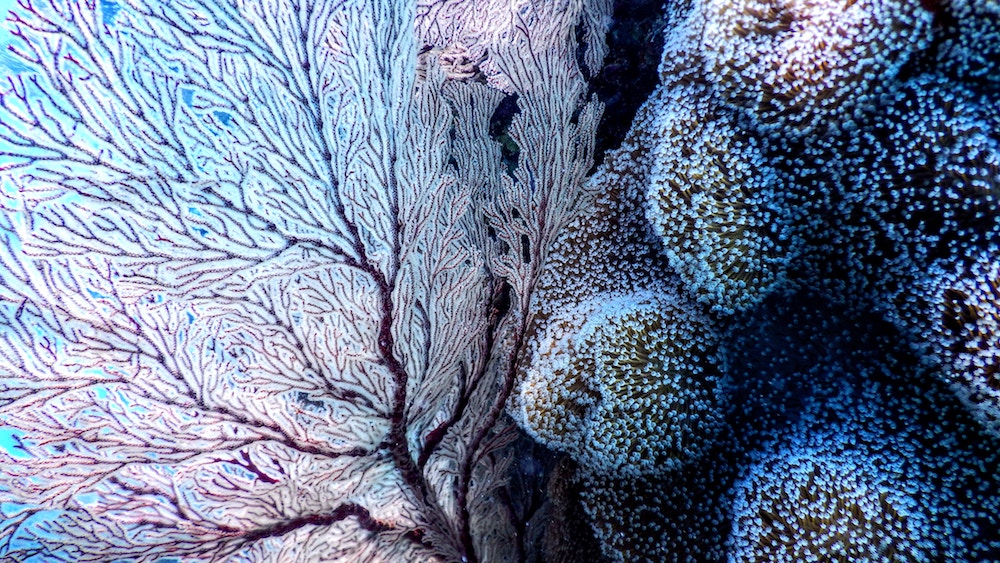
Deep ocean reefs are likely to transform with global warming bringing together species from temperate and tropical waters that may have never coexisted before, according to new research published in Nature Climate Change.
-
Research brief: Drivers of Antarctic sea ice volume change in CMIP 5 models
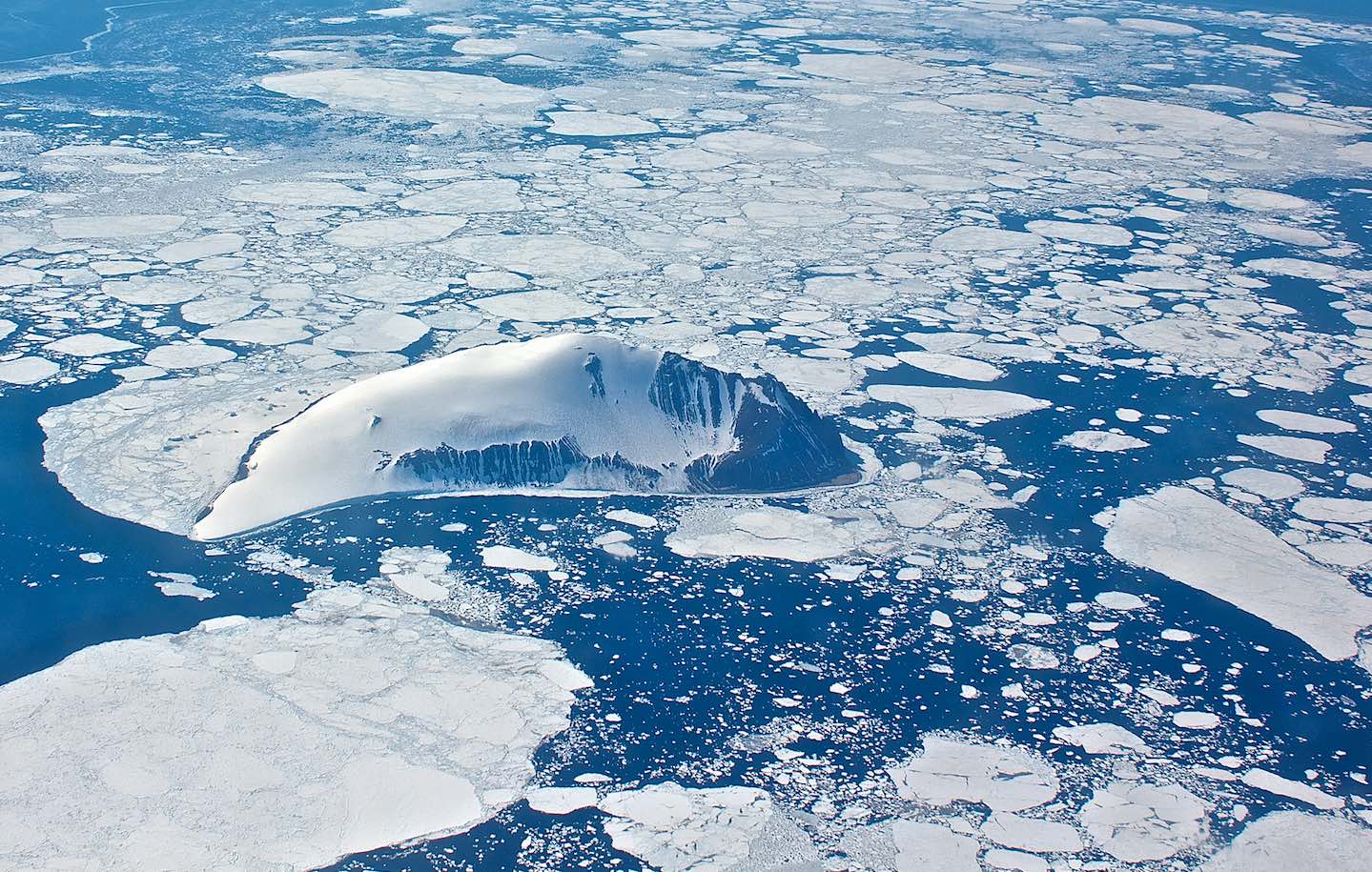
CLEX researchers find that ocean sea-ice models generally agreed on changes to average yearly cycle of freeze and melt in Antarctica, with dynamic processes dominating the sea ice edge and thermodynamic processes dominating the interior of the sea ice pack. However, the models disagreed about the trends of sea ice volume.
-
Understanding the origin of ENSO diversity for improved forecasts
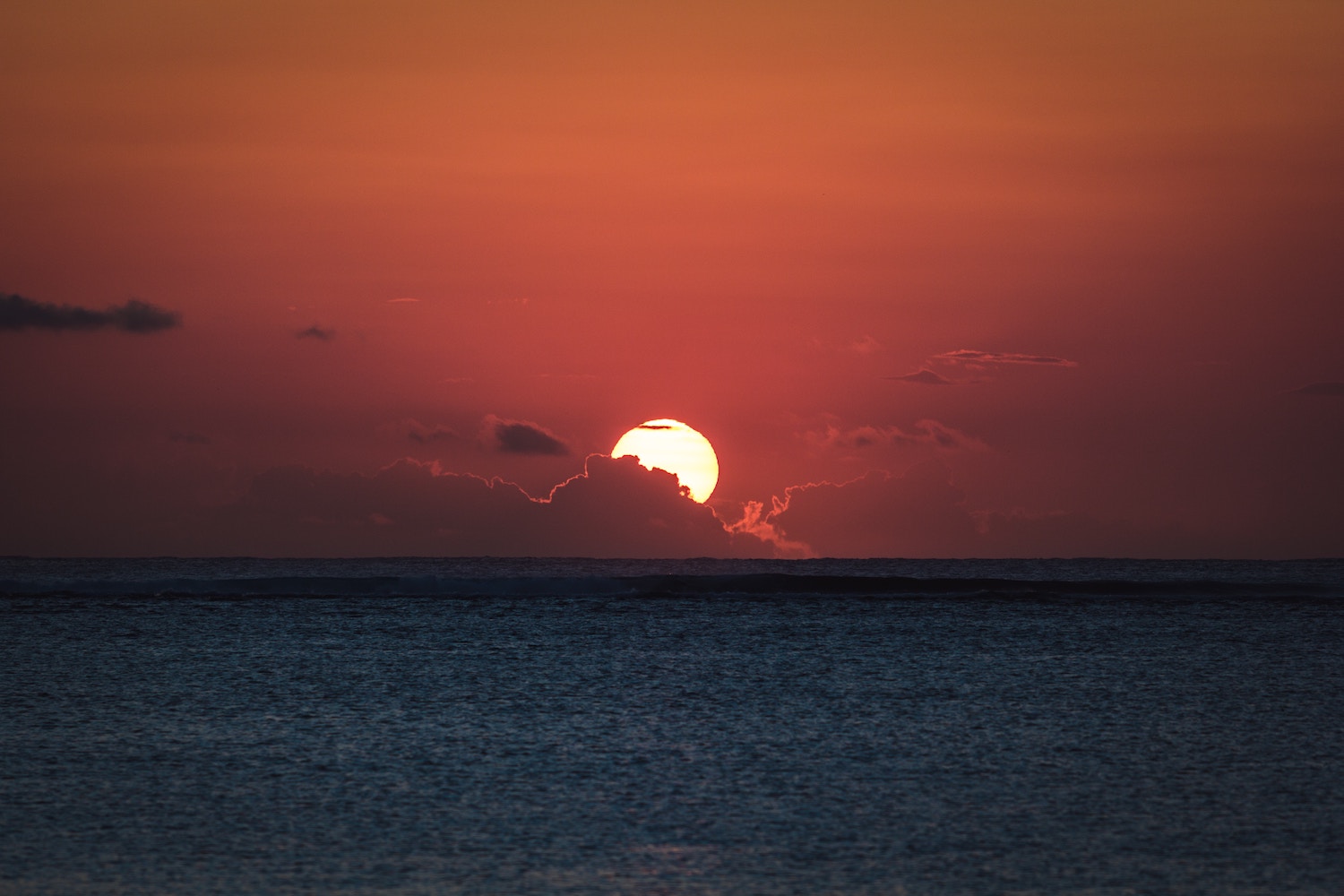
Forecasting El Niño Southern Oscillation (ENSO) events, and anticipating how they may change with global warming remains a significant challenge for climate researchers. An ENSO complexity workshop held in November 2017 produced a follow-up paper summarising what we know about ENSO and its predictability.
-
Research brief: Influence of the Madden-Julian oscillation on Costa Rican mid-summer drought timing

The Central American mid‐summer drought (MSD) is the decline in rainfall during the middle of the wet season over Central America, which has been shown to have strong effects on agriculture and bushfires in Costa Rica. The Madden–Julian oscillation (MJO) has been shown to influence Costa Rican rainfall on intra‐seasonal time scales, and therefore may…
-
Research brief: Southern Ocean’s clockwise eddies are most productive
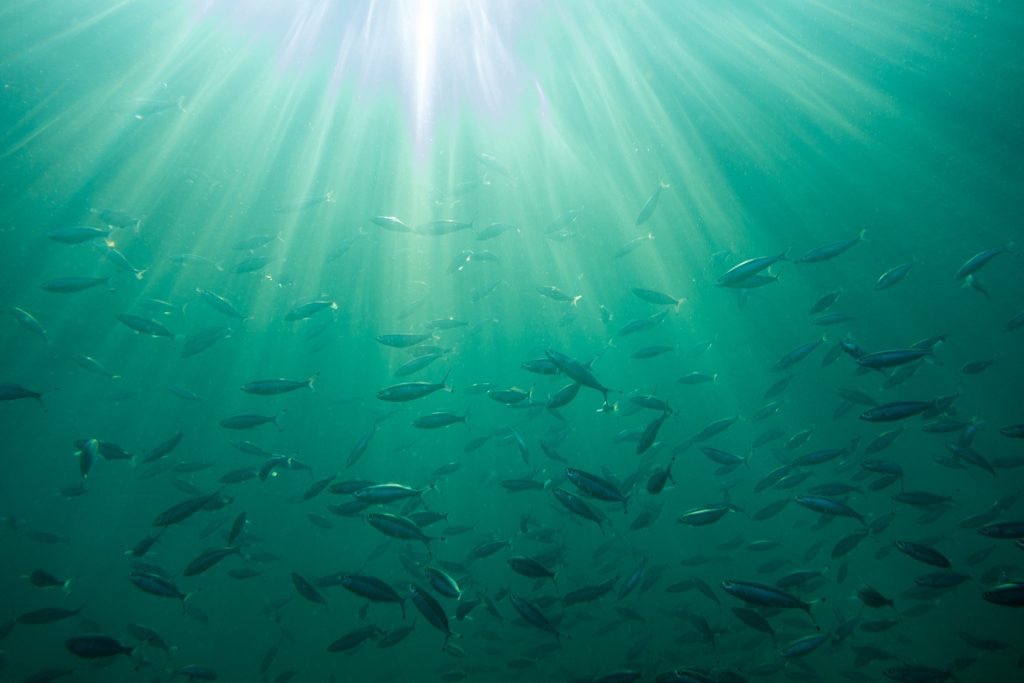
CLEX researchers found that counter-clockwise rotating eddies in the Southern Ocean mix the ocean deeper in winter, allowing more nutrients to enter their interiors, leading to higher productivity. This work is important because eddy productivity plays a significant role in the exchange of carbon between the ocean and the atmosphere.
-
Research brief: Understanding the origin of ENSO diversity for improved forecasts

It is hoped this proposed synthesis of two ENSO structures, their interaction with each other and how they respond to external forcing, will be the catalyst for future research and practical applications for forecasting and determining the impacts of present and future ENSO events.
